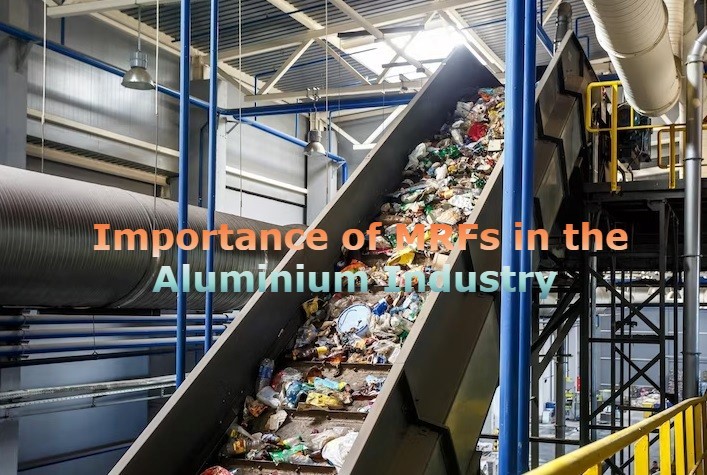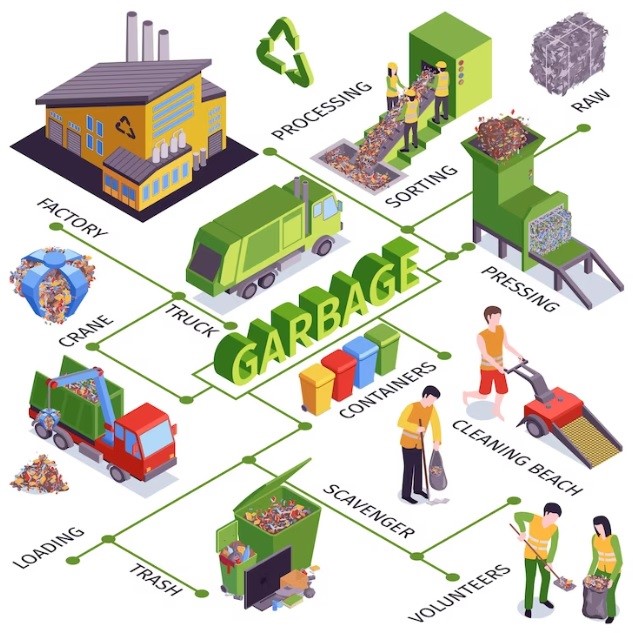

Scientists have warned us about the harrowing effects of Global Warming and pollution for the past few decades, but until it hits us hard and we start feeling the change in temperature, we are not bothered by such consequences. After experiencing the heat waves through the hottest month in human history, July 2023, the human consciousness was finally awakened, and we witnessed a sudden rise in sustainable initiatives all over the globe. From Coldplay concerts to heavy industries, all have released individual sustainability reports citing eco-friendly drives, which have helped them save enormous carbon emissions.
The world is gradually stepping toward a Net-Zero future, where there would be no need to rely on carbon for electricity. Rather people would adopt greener or renewable sources to mitigate climate change. Achieving net zero means that the balance between the amount of greenhouse gases emitted into the atmosphere and the amount removed from it is effectively neutralized. It is evident that energy-intensive industries like aluminium can never completely be free of waste generation. Thus it is equally important to purify their production processes so that the material and waste it yields can be streamlined to be carbon-free.
{alcircleadd}But what happens to the aluminium products once going out of the manufacturing or warehouses? Once they reach the end of life, these products can usually be found in landfills, increasing the dangers of global warming and climate change. Though aluminium is 100% recyclable and 75% of the total production to date still exists in the loop, it is imperative to deploy a comprehensive material recycling process that extracts the non-ferrous metal from its amended form. Most of the time, aluminium is used in the alloy format or layered with plastic or other materials to create packaging modules. This makes it quite hard for recycling companies to precisely extract aluminium in its purest form. Here comes the need for Material Recycling Facilities, more commonly known as MRFs.

Material recycling facilities (MRFs) are highly specialised facilities that play a vital role in the recycling process by sorting and processing various types of recyclable materials. Their importance is particularly pronounced in the context of the aluminium industry, as they enable the sustainable management of aluminium waste and its reintegration into the production cycle.
MRFs are responsible for collecting recyclable materials, including aluminium products, from a range of sources, such as households, businesses, and industrial sites. Once collected, these materials are transported to the MRF for sorting, processing, and preparation for further recycling or reprocessing.
Below is a narration of how a material recycling facility works:

The circular economy dramatically benefits from material recycling facilities, which redirect valuable materials away from landfills and incineration and back into production. When it comes to aluminium, recycling is especially energy-efficient compared to the energy-intensive processes required to produce aluminium from raw bauxite ore. Recycling aluminium not only saves energy but also reduces the greenhouse gas emissions that accompany primary aluminium production.
Some of the eco-conscious firms leading the global recycling industry are as follows:
Vedanta Aluminium: Vedanta Aluminium launched a material recovery facility in Jharsuguda district, Odisha, on Earth Day, April 22, 2023. The facility processed 27,828 kg of waste in March 2023 and generated valuable materials. Non-recyclable waste is sent to cement industries for co-processing, creating a circular economy. The facility saved around 48,735 kWh of energy and contained 34,820 kg of carbon dioxide equivalent emissions. Vedanta is committed to sustainability and a future where business and the planet are in harmony.
Tetra Pack: Tetra Pak, a Switzerland-based company that actively participates in recycling used food and beverage packaging, decided to fund and install robotic sorting arms at select material recycling facilities (MRFs) to aid in sorting and storing end-of-life cartons. While recycling aluminium foils or cans is a straightforward process as they contain the purest form of aluminium that can be directly recycled without any separation, the same cannot be said for aluminium laminated cardboard, paper or plastic. These materials need to be sorted and separated individually before they can be run through recycling drives.
Recycleye and MSS: Recycleye and MSS Inc. have partnered to offer innovative waste sorting and recycling technologies in North America. MSS Vivid AI combines Recycleye's powerful AI vision system with MSS's air ejection system to sort materials at maximum volume and detect dark plastics and other minor changes in object colour, shape, and texture. MSS's expertise in detection and extraction techniques allows for the combination of appropriate technologies, including mechanical robots, metal detectors, and NIR sensors. The result is a powerful solution that significantly improves the sorting and recycling process.
Turmec: Turmec installed an advanced Materials Recovery Facility plant in Wiltshire to manage recyclable materials from 220,000 households. The plant can process 20 tonnes per hour of dry mixed recyclables with high-quality separation. The plant has a range of sorting equipment, including screens with optical and magnet elements, and trained personnel to recover materials of the highest quality for reprocessing. The incoming materials are sorted in a single pass, resulting in 10 separate products for recycling. The separation process involves screens, optical separators, magnets, eddy currents, and picking stations to separate plastics, cans, and cartons before the final products drop into gated storage bunkers. A central conveyor then moves all materials from the bunkers to the baler. The plant ensures the effective recycling of aluminium.
iQRenew: Newcastle contracted iQRenew to build a Material Recovery Facility for recycling. The $56.7 million unit will process up to 85,000 tonnes of recyclables annually, sorting paper, cardboard, glass, plastics, steel, and aluminium. The facility will create local jobs, reduce greenhouse gas emissions, and divert waste from landfills. iQRenew won the bid and will operate the plant.
EnviroWaste: Ashburton's kerbside recycling system generates 22 tonnes of waste weekly, including plastic, paper, cardboard, steel, and aluminium. A waste management consultancy firm, EnviroWaste, transports the generated scrap to a Timaru-based materials recovery facility, which sorts waste into categories like plastic and aluminium. The Ashburton District Council aims to encourage recycling.
Casepack: Casepak, a recycling firm in the UK in 2017, won a contract to handle up to 64,000 tonnes per year of mixed recyclables. The materials are sorted and processed at Casepak's Materials Recycling Facility in Leicester. The contract began on April 1st and has helped set an elevated recycling standard for Leicestershire County Council, saving almost £1 million annually.
There are other existing methods of collecting material waste that range from companies providing Reverse Vending Machines (RVM), Can Capturing Grants (CCG) to the introduction of Deposit Return Schemes (DRS). Still, none of them have the amplitude or the vastness of a Material Recycling Facility. The MRFs have fully integrated recycling processes that can separately transform material waste into industry-approved raw materials. It reduces the chance of material loss during recycling.
If you want in-depth knowledge of the aluminium value chain, please have a look at AL Circle's 2023 Outlook report. But if the recycling sector tantalises your mind, spend some of your precious time on AL Circle's Dross recycling report. For other assorted reports, please visit our website.



Responses






